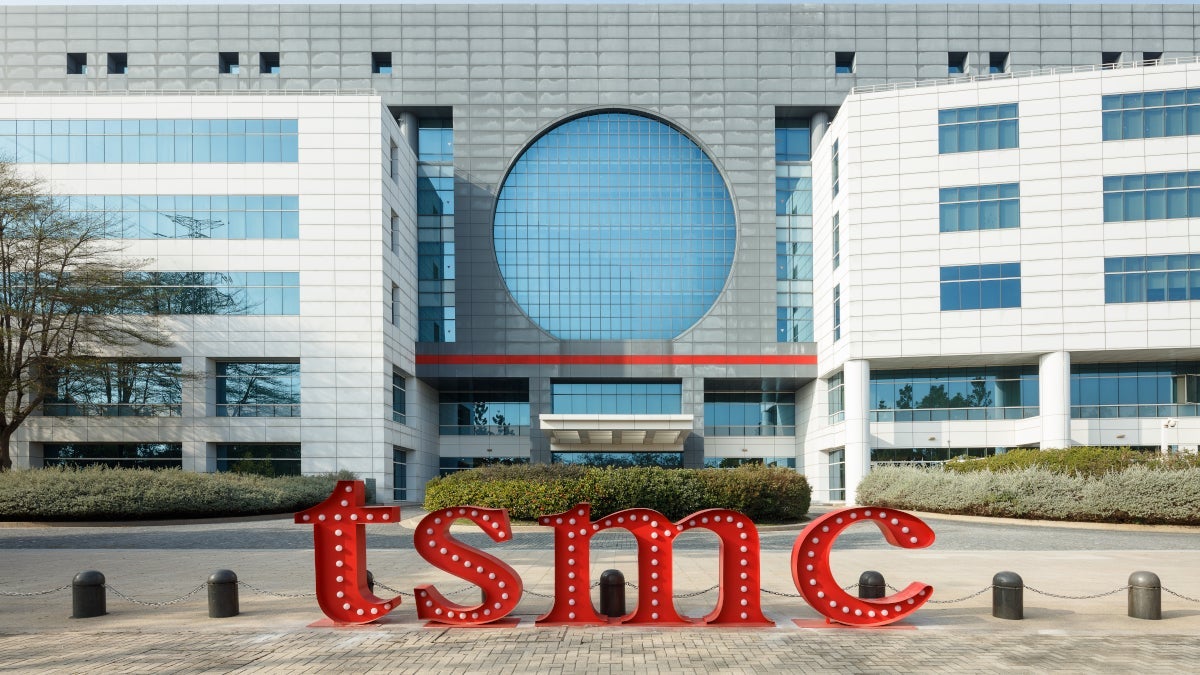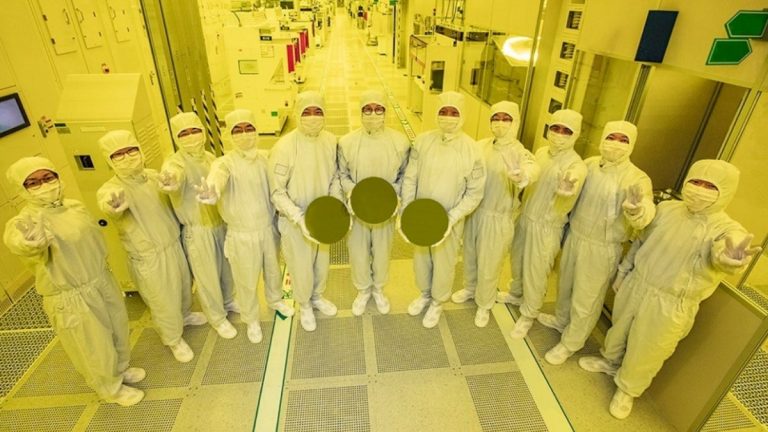Investigating the Mysterious TSMC Chips Discovered in Huawei Devices: A Security Concern

TSMC Under Investigation for Alleged Violation of U.S. Sanctions on Huawei
The world of technology is always abuzz with news of investigations and sanctions. The latest development that has the industry talking is the U.S. Commerce Department’s investigation into Taiwanese chip-maker TSMC (Taiwan Semiconductor Manufacturing Company) for allegedly violating sanctions placed on foundries that use American technology to produce chips for Huawei.
In 2020, the U.S. government imposed export restrictions on foundries that use American technology to produce chips for Huawei, deeming the Chinese tech giant a threat to national security. The ban made it impossible for TSMC, the world’s largest chip foundry, to ship cutting-edge chips to Huawei.
Initially, the ban worked as intended. Huawei was forced to use 4G application processors for its flagship phones, such as the P50, Mate 50, and P60. However, TSMC’s rival, SMIC (Semiconductor Manufacturing International Corporation), found a way to produce the Kirin 9000 processor for Huawei’s 2023 Mate 60 series using its 7nm node. This was the first time a Huawei flagship was powered by a domestically designed and produced 5G chip since the Mate 40 series in 2020. More concerning to U.S. lawmakers was the chipset’s ability to support 5G.
The Investigation: What’s Known So Far
TSMC has issued a statement, saying, "We proactively communicated with the US Commerce Department regarding the matter in the report. We are not aware of TSMC being the subject of any investigation at this time."
According to Bloomberg, TSMC halted shipments to a client in October after discovering that the chips produced for the client ended up in Huawei products. Sources at The Information claimed that intermediaries were purchasing chips from TSMC and selling them to Huawei. Huawei, on the other hand, denies that it has received any chips produced by TSMC since the sanctions took effect in 2020.
The Stakes for U.S. National Security
The implications of this investigation are significant. U.S. Representative John Moolenaar, a Republican, has expressed his concerns, stating, "Reports that cutting-edge TSMC-manufactured chips have contributed to Huawei’s AI development represent a catastrophic failure of US export control policy. AI accelerators, like the one that these chips fueled, are at the forefront of our technology race with the CCP, and I fear the damage done here will have significant consequences for our national security. Congress needs immediate answers from both BIS and TSMC about the scope and volume of this disaster. The US government must take immediate steps to ensure this does not happen again."
The Global Impact
TSMC, the largest chip foundry in the world, is also the largest customer of Apple, responsible for producing all of Apple’s A-series and M-series processors. Prior to the imposition of new export rules, Huawei was TSMC’s second-largest client. TSMC has notified the U.S. and Taiwanese governments and is conducting its own investigation into the matter. It’s unclear whether TSMC’s client sent the chips to Huawei at the request of the Chinese manufacturer.
As the industry continues to grapple with the implications of this investigation, one thing is clear: the stakes are high, and the consequences of non-compliance can be severe. Stay tuned for further updates on this developing story.





